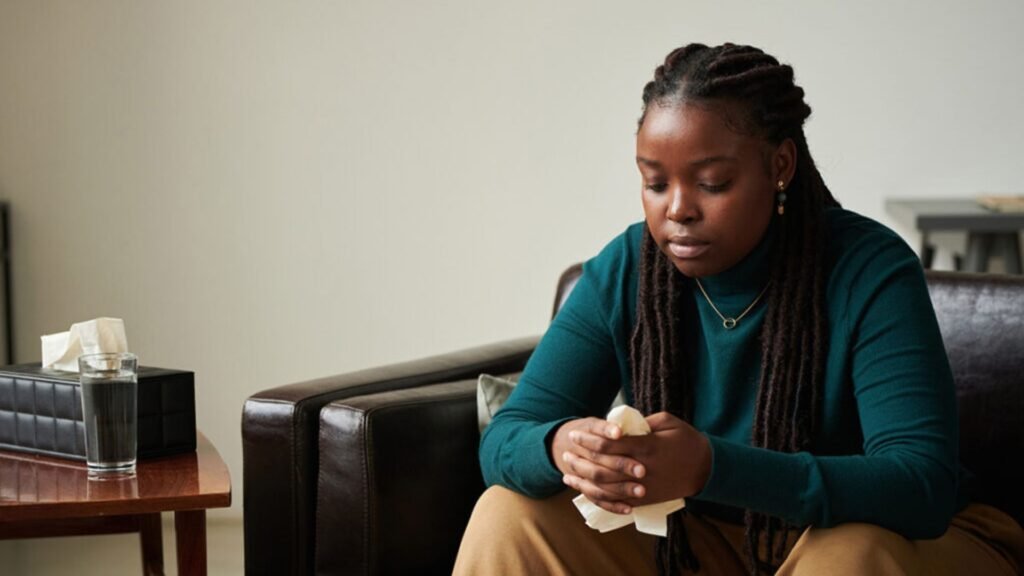Benefits of Grief Counseling for Families
Grieving the loss of a loved one is an incredibly challenging experience. Families often struggle to cope with their emotions and navigate their new reality. Grief counseling provides essential support and tools to help families through this difficult time. Here are the key benefits of grief counseling for families.

Understanding and Processing Emotions
Grief counseling helps family members understand and process their emotions. Grief can manifest in various ways, including sadness, anger, guilt, and confusion. Counselors guide families through these feelings, helping them to acknowledge and express their emotions in a healthy manner. This understanding prevents the suppression of emotions, which can lead to more significant issues later.
Improving Communication
Effective communication is vital during the grieving process. Grief counseling encourages family members to share their thoughts and feelings openly with each other. This open dialogue can reduce misunderstandings and conflicts that may arise from miscommunication. Counselors teach families how to listen actively and support each other, fostering a sense of unity and shared understanding.
Providing Coping Strategies
Counselors equip families with practical coping strategies to handle their grief. These strategies may include journaling, mindfulness exercises, and relaxation techniques. By learning these methods, families can manage their grief more effectively and reduce feelings of helplessness. These coping tools can be applied in various aspects of life, promoting overall emotional well-being.
Offering a Safe Space
Grief counseling provides a safe and confidential environment where family members can express their emotions without judgment. This safe space is crucial for individuals who may feel uncomfortable sharing their grief with others. In this supportive setting, families can explore their feelings openly, which can be incredibly healing.
Addressing Individual and Collective Grief
Each family member experiences grief uniquely. Counselors recognize this and address both individual and collective grief. Individual sessions allow each person to work through their emotions at their own pace, while group sessions bring the family together to support one another. This balanced approach ensures that everyone’s needs are met.
Preventing Complicated Grief
Unresolved grief can lead to complicated grief, a condition where the pain of loss is debilitating and does not improve over time. Grief counseling helps prevent this by addressing the grief early and providing continuous support. Counselors help families recognize signs of complicated grief and take proactive steps to manage it.
Encouraging Remembrance and Acceptance
Counselors guide families in finding ways to remember and honor their loved ones. This can include creating memory books, planting a tree, or participating in activities the deceased enjoyed. These acts of remembrance can help families find comfort and acceptance, turning their grief into a celebration of their loved one’s life.
Supporting Long-Term Healing
Grief counseling supports long-term healing by helping families adapt to life without their loved one. Counselors assist in setting realistic expectations for the grieving process and recognizing that healing takes time. With ongoing support, families can gradually find a new sense of normalcy and continue to live meaningful lives.
Strengthening Family Bonds
The grieving process can either pull a family apart or bring them closer together. Grief counseling aims to strengthen family bonds by fostering understanding, compassion, and mutual support. By navigating their grief together, families can emerge from the experience with stronger relationships and a deeper appreciation for one another.
Conclusion
Grief counseling offers numerous benefits for families coping with the loss of a loved one. From understanding and processing emotions to improving communication and providing coping strategies, counseling supports both individual and collective healing. By participating in grief counseling, families can navigate their grief journey together, finding strength and solace in each other’s support.



